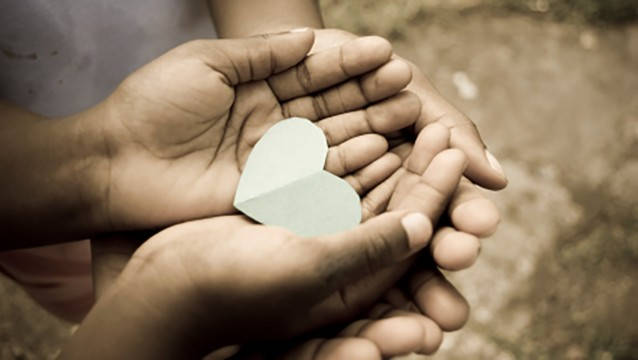Living in community with other human beings is always a demanding task. While human beings are wired for connection, we also get on each other’s nerves. In addition to the comfort we receive from companionship and shared experience, we must find our way through the inevitable conflicts that will arise. This always takes work, and right now, everyone is dealing with an especially complex and stressful situation. The challenges of living in community, whether in a residence hall, a college apartment, or your family’s home, are different today than they were a year ago at this time. There are fewer opportunities to get out and spend time with people we don’t live with. Consequences of personal choices may bring significant impact to roommates, classmates, friends and family. Tempers can flare when the stress of the semester is added to anxiety about the virus, financial stress, concern for distant family or friends, and the overall uncertainty we now face each day.
In this week’s readings, we hear from both Jesus and Paul about living in community. Jesus gives a recipe for dealing with conflict in community while Paul points out that love is the core of our lives together as people of faith. Both remind us that the ways we deal with each other matter, and we are called to make love the guiding principle of life in community. Not the hearts-on-a-valentine kind of love, but the kind of love that moves us to treat others with the same respect, compassion, forgiveness and care that we would like to receive.
As Paul puts it, “Love your neighbors as yourself.”
It is easy to say and quite difficult to do. Loving our neighbor as ourself requires setting aside our own vantage point and trying to see things from someone else’s perspective. Noticing the issues, concerns, fears and motivations they carry. Forgiving their shortcomings and failures, and putting the best possible construction on their actions, attitudes and intentions. This kind of love requires a great deal from us, but it will certainly transform our experience of community, and our connection with the people who share our lives. Loving our neighbor as ourselves doesn’t mean we set aside our own needs and priorities, but that we find a way together to care for both ourselves and others.
It is the kind of love that will change the world.
Peace,

